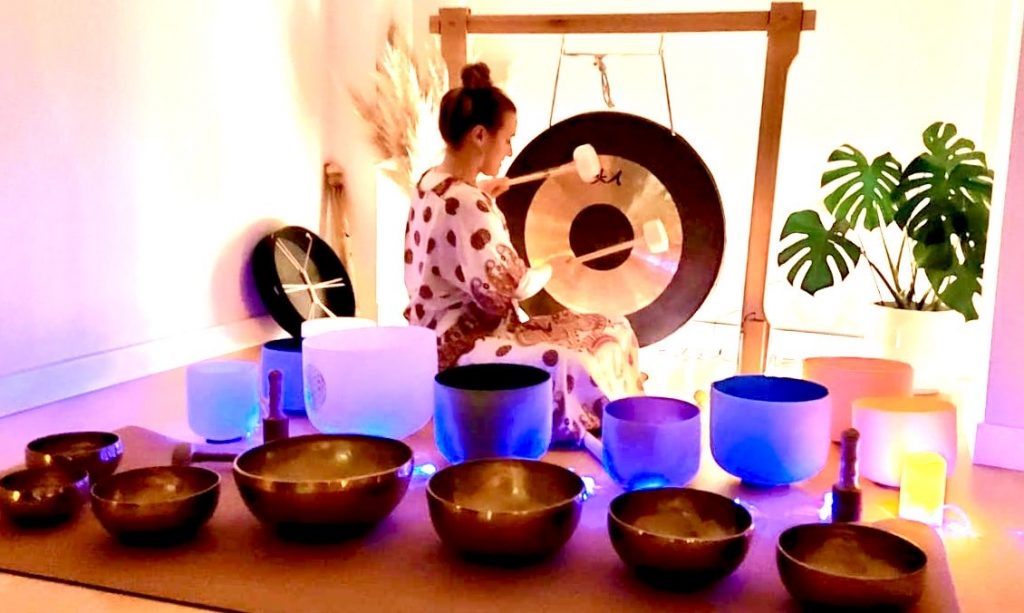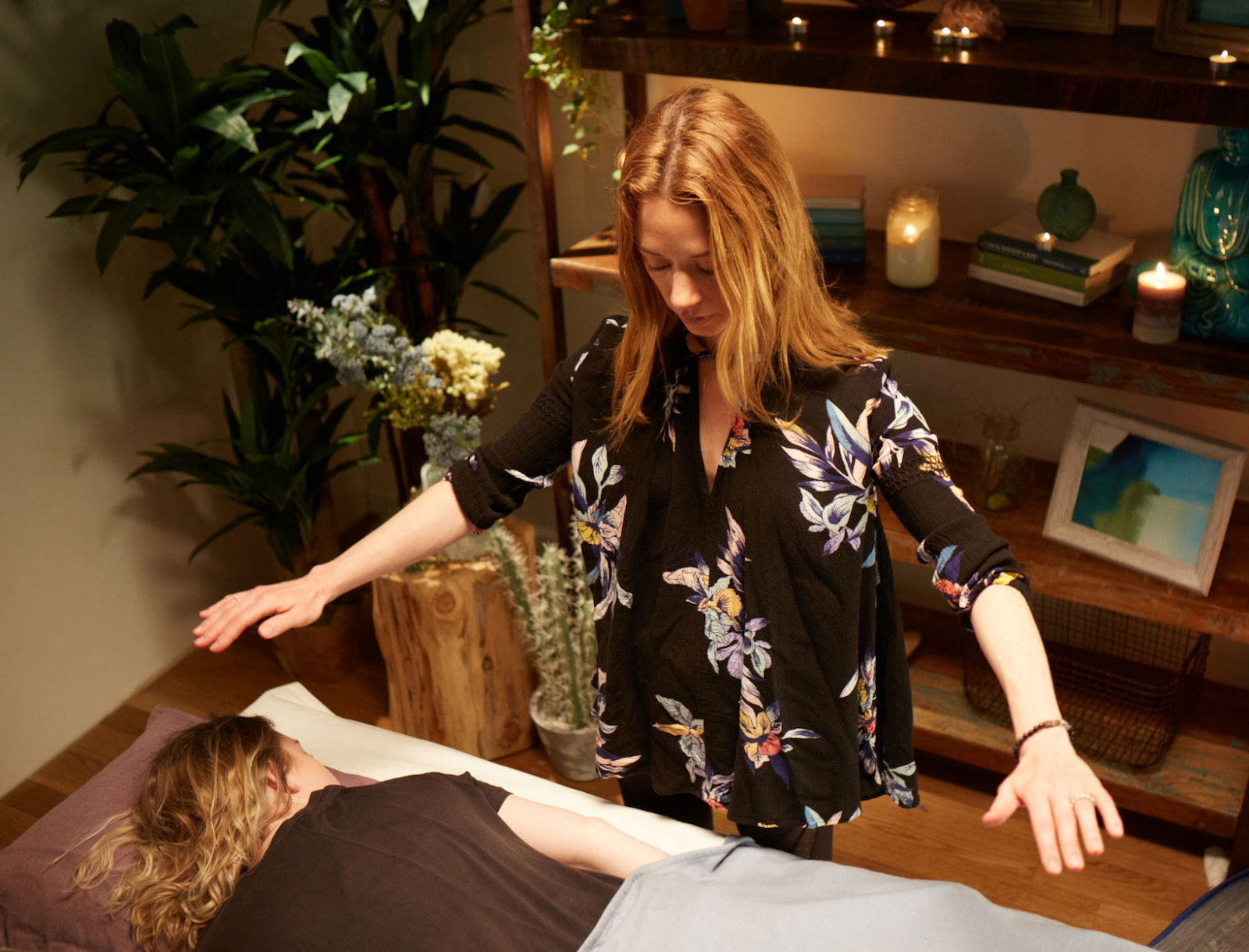Discover Your Perfect Healer Today!
Our online practitioner directory connects you with a wide range of healers to suit your unique needs.
Easily search and find the right professional to support your wellness journey.
Start exploring today to find your perfect match.
Modality
Disease
Books
Products
Events
Training
Blogs
Meditation
Beginner’s Guide to Meditation: Resources and Tips
While starting a meditation practice may be overwhelming, especially considering how many techniques, tools and materials are available, there will still come a time when ...
Read More → Written by
John Smith
Sound Healing
What Not to Do After a Sound Bath? A Guide to Stress Relief
Have you ever thought about the things to avoid doing after a sound bath? A sound bath is a meditation that totally surrounds you with ...
Read More → Written by
Michael Johnson
Reiki Healers
Unveiling Reiki: FDA Approval, Cost, and Healing Potential
Reiki is a centuries-old practice from Japan. It involves the transfer of universal energy through the hands of a practitioner into the body of a ...
Read More → Written by
John Smith
Osteopath
Research on Osteopathy: Key Scientific Insights Explained
Osteopathy, a manipulative manual treatment of the musculoskeletal system, made some resonance with scientific circles on interesting grounds of interest and skepticism. Years of research ...
Read More → Written by
David Brown
Supporting Page
Know the Scientific Insights on Yoga and Its Benefits
From an ancient art of discipline and meditation, yoga has evolved into one of the most popular forms of exercise and mindfulness. Where its popularity ...
Read More → Written by
Michael Johnson
Meditation
Why Is It Important to Know if I’m Meditating Correctly?
Have you ever thought to yourself: “Am I meditating correctly?” Meditation is a powerful practice with many positive effects, but sometimes people don’t know how ...
Read More → Written by
John Smith






